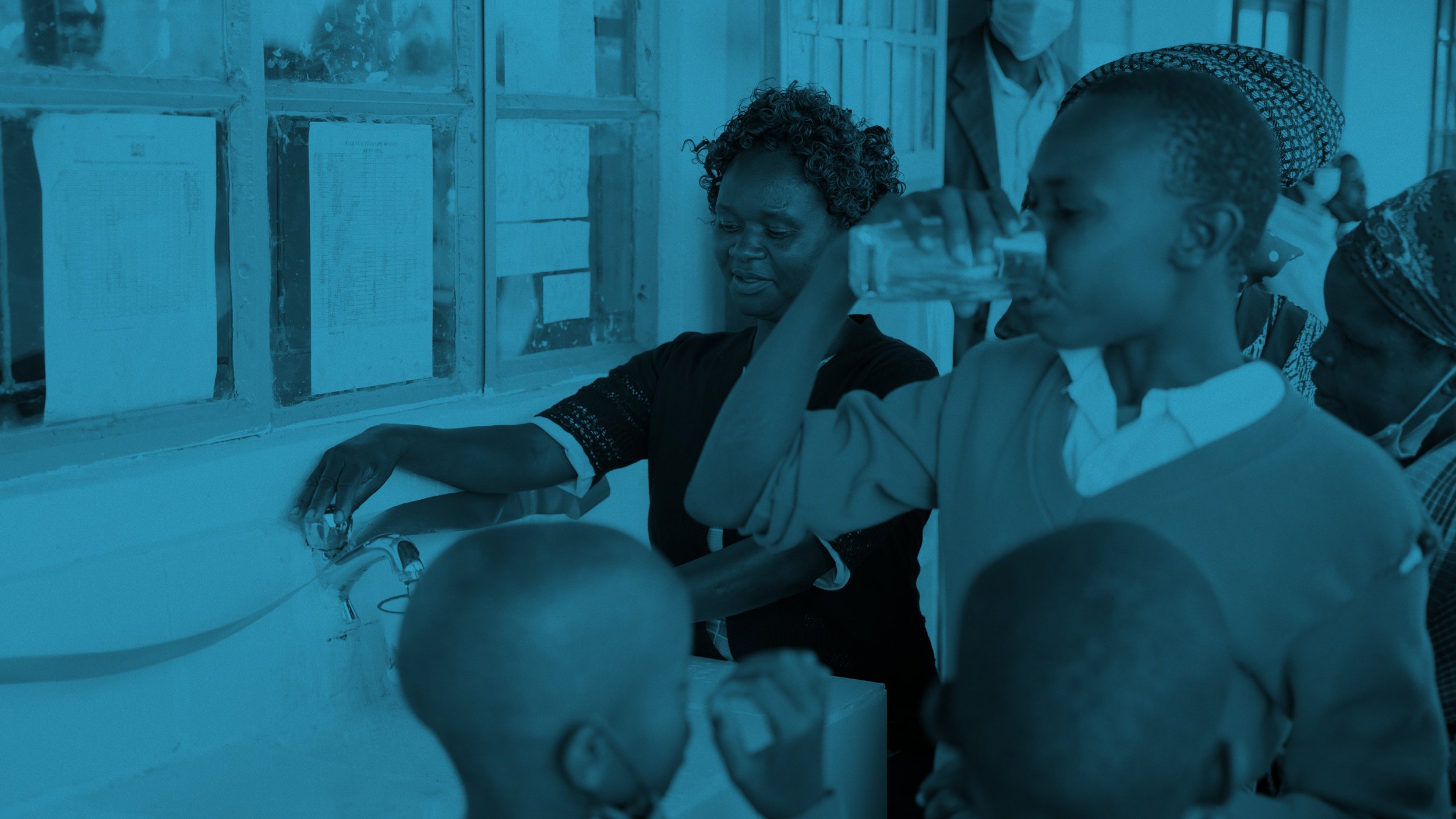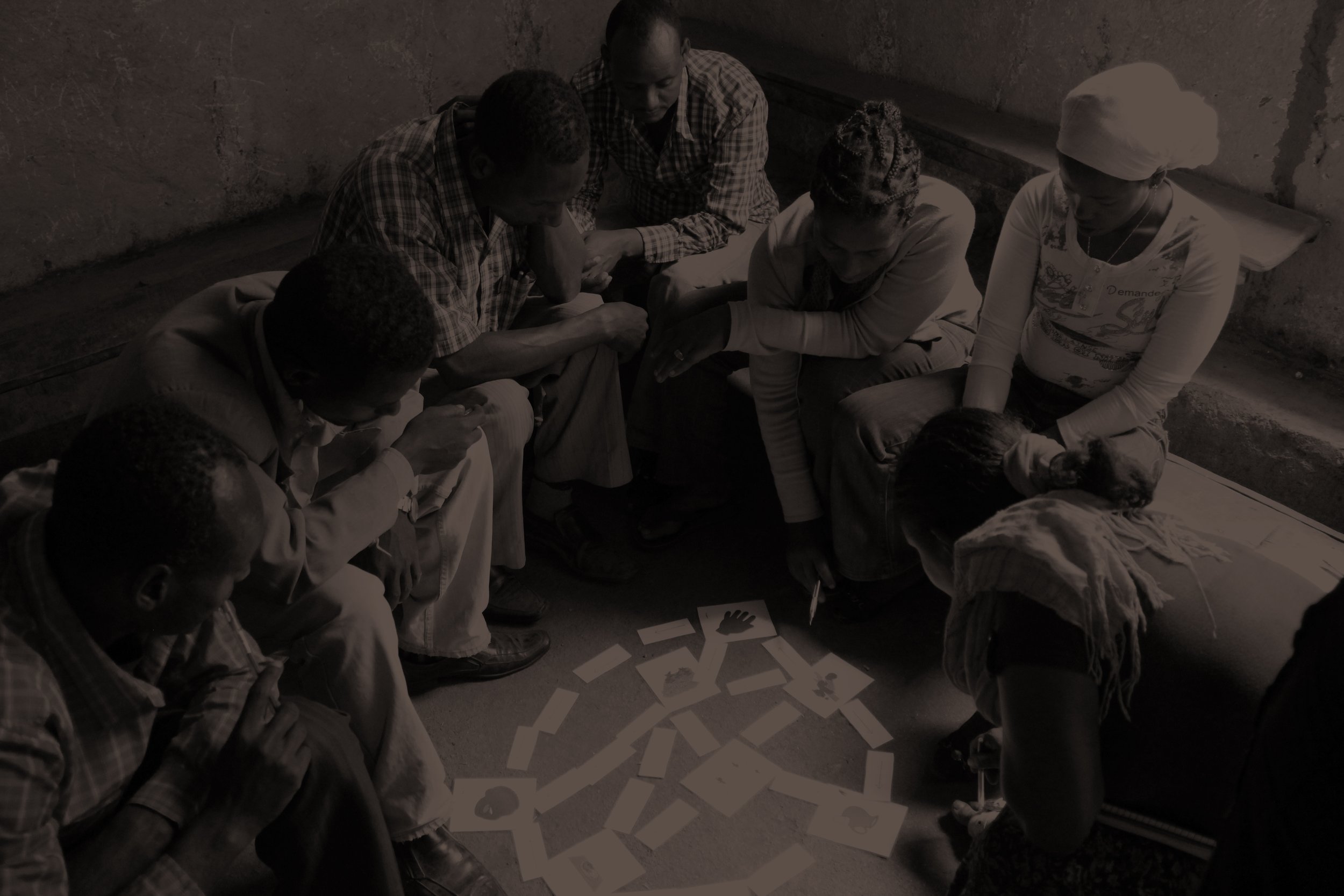
Our Services
Building knowledge and skills in WASH around the world
CAWST works with hundreds of communities and organizations globally — helping them improve water, sanitation and hygiene in households, schools and clinics.
Since 2008, CAWST has provided services to over 6,000 INGOs, local civil society organizations, government and UN agencies in 180 countries.
Consulting
Our expert advisors are here for you. We can help you start, develop and improve your water, sanitation and hygiene (WASH) programs. Our free services are available in English, French and Spanish.
Training Workshops
Practical workshops and training sessions to provide you with the skills and knowledge to bring sustainable solutions to your community.
Online Resources
Access our resources anytime, anywhere: Education and Training resources, technical knowledge bases, webinars and a WASH eLibrary.
In-depth knowledge and skills in building capacity for WASH practitioners. Ask us about:
Household Water Treatment and Safe Storage
Household water treatment and safe storage (HWTS) provides safe drinking water in the household to help improve the health of individuals, families and communities. HWTS focuses on simple but effective technologies to improve water quality and reduce the risk of diarrheal disease.
Sanitation
CAWST services cover a range of sanitation topics such as environmental sanitation, latrine design and construction, sanitation implementation and fecal sludge management.
Monitoring for Improvement
CAWST provides training and consulting support services that are focused on monitoring for improvement. The goal is to help you create monitoring systems that are practical on an ongoing basis, designed to capture the information that will improve your project.
Water Supply (Rainwater Harvesting)
Rainwater water collection for drinking water has been used for millennia. Domestic or institutional (clinics and schools) rainwater harvesting is often used as a supplementary source of drinking water, during rainy seasons. CAWST provides consulting and training services on domestic rainwater harvesting.
Biosand Filter
The filter container can be made of concrete, stainless steel or plastic. It is used by over 5 million people in 55 low- and middle- income countries to treat their drinking water. It is small, and can be constructed inexpensively using widely available materials, including sand and gravel.
Community WASH Promotion
Community WASH promoters are critical in increasing the WASH knowledge of community members, ensuring correct, consistent and continued use of WASH technologies, and for follow-up beyond the initial implementation. CAWST provides consulting support and training for managers to mobilize community agents to work with households.
Drinking Water Quality Testing
Water quality testing and analysis is used for monitoring or evaluation of water treatment or water supply initiatives. CAWST provides consulting and training services on microbiological, chemical and physical testing of water for drinking water purposes.
WASH and Health
There are many vulnerable groups that suffer significant health impacts from lack of access to WASH and poor WASH practices. CAWST provides education and training resources on WASH and Health for both WASH and Health practitioners, to help bridge the gap between the two sectors.
Delivering and Creating Effective Wash Training
Every successful WASH project involves training others on technologies and practices. CAWST provides consulting support and training, to improve the impact of your WASH education program.
ICTs and Mobile for WASH
Information and Communication Technologies (ICTs), including mobile apps and various data collection and visualization tools, are now available to help improve the management and monitoring of WASH projects. CAWST provides consulting support in the use of ICTs and mobile tools for non-networked WASH initiatives.

Unsure where to start?
Our expert advisors are here to help you find solutions to your project implementation challenges. Our expert advisors are here for you. We can help you start, develop and improve your water, sanitation and hygiene (WASH) programs.
